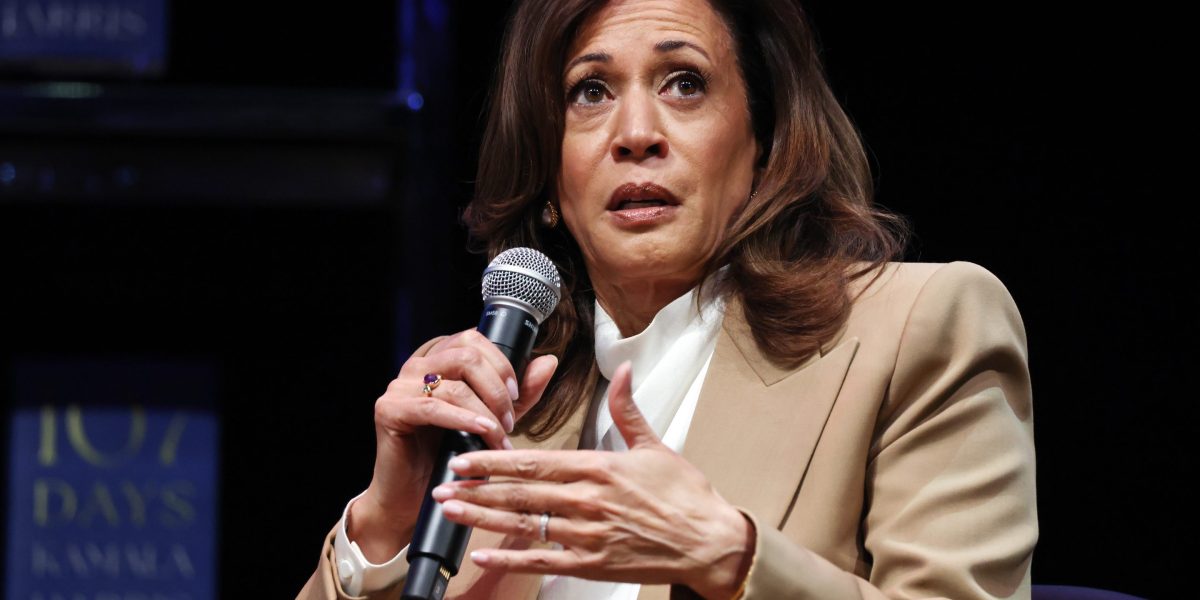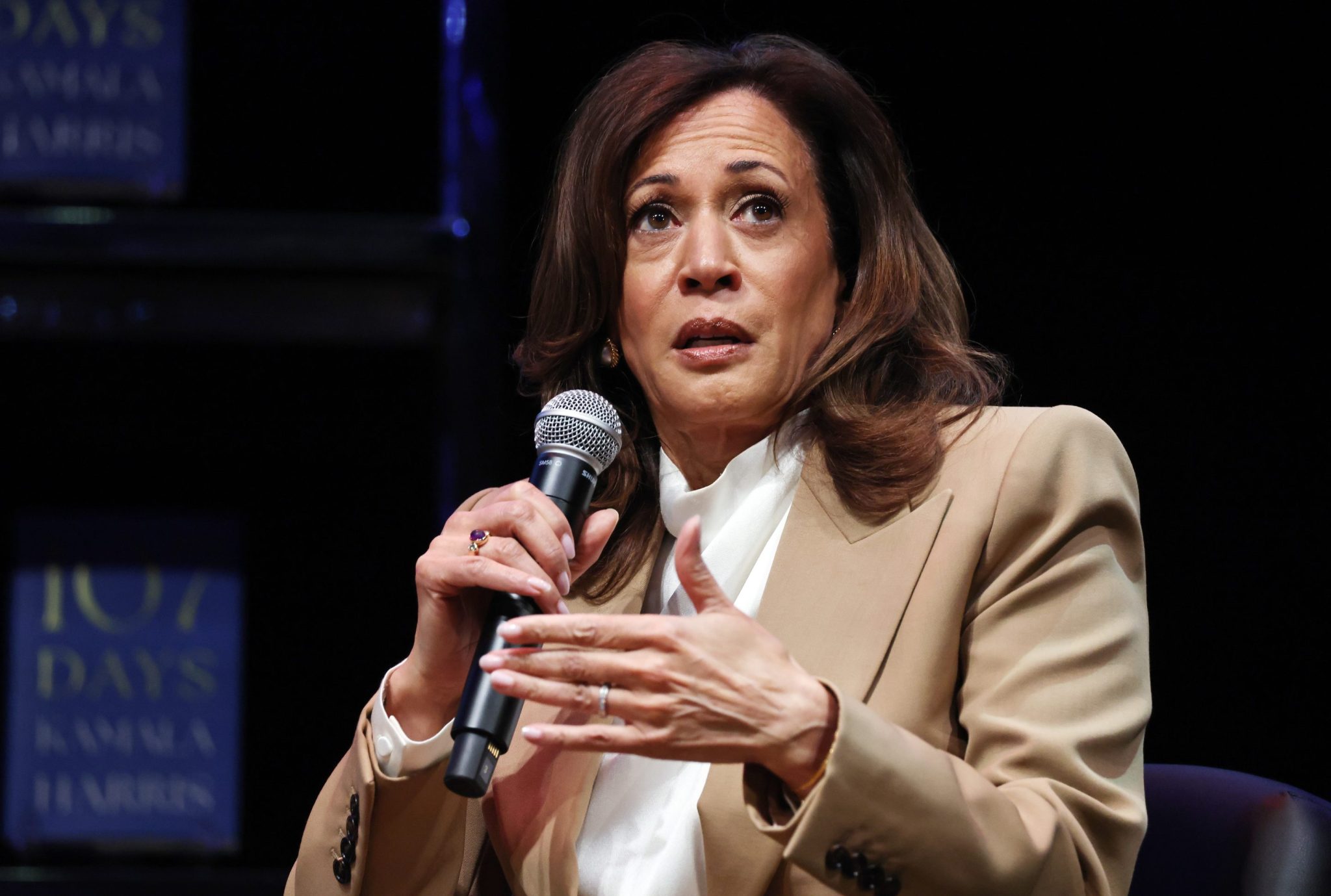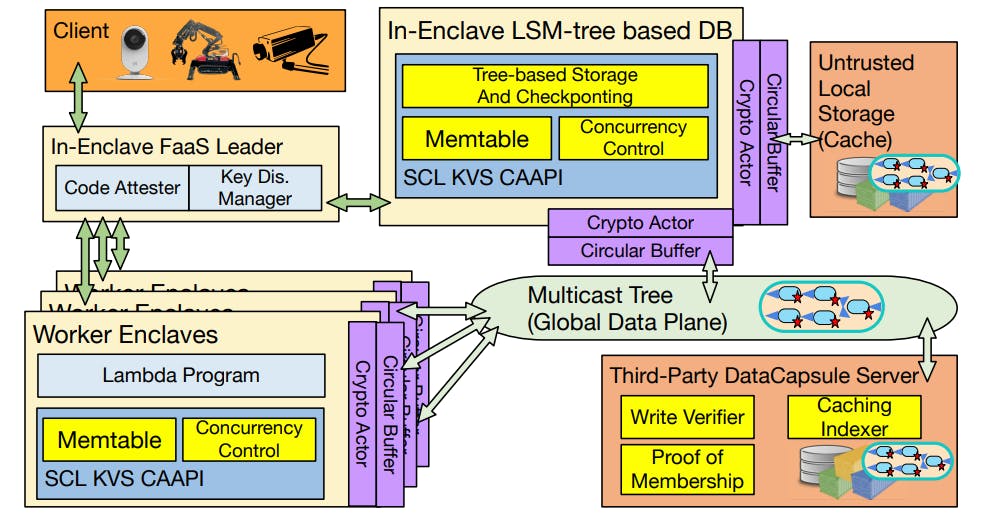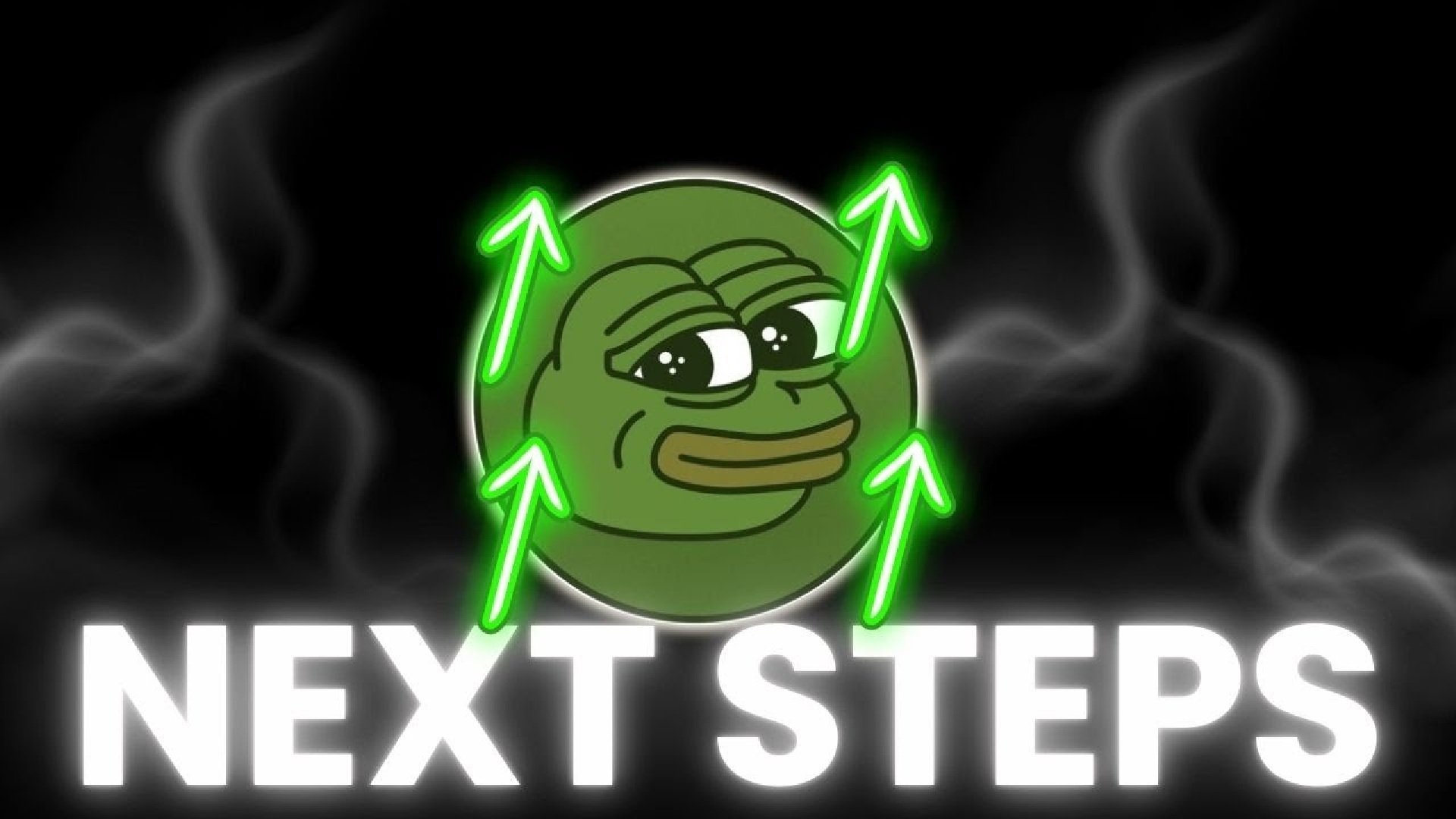Former VP Kamala Harris says she went through a nine-hour interview to land the job—but she couldn’t escape ‘gold medal depression’


Job-seekers complain about “ghost jobs,” five rounds of interviews, and tedious skills tests—but even major leaders are no exception to the ordeal. Google CEO Sundar Pichai was put through nine interviews and a trick question before securing a SVP product manager role at the $3.4 trillion company. Likewise, former U.S. vice president Kamala Harris has just revealed the intense process she went through to land the coveted White House job.
“When I was being vetted for vice president, I had a 9-hour interview with a lawyer going through everything,” Harris recalled recently on the Diary of a CEO podcast. “My taxes, my professional record, everything.”
Harris undoubtedly had the professional chops to take on the job. She served as the district attorney of San Francisco for two terms, as well as the attorney general of California for six years, and a U.S. senator of the Golden State for four. She made history in the Bay Area as the first woman elected to the role of San Francisco’s DA, and the first female, Black, and South Asian attorney general in the state’s history. With decades of governmental experience under her belt, she ticked all the boxes to become the 49th vice president—but the selection process went well beyond credentials.
“Having been in the position of both being the interviewer and the interviewee, it really as much as anything comes down to chemistry,” Harris explained. “Because by the time that that interview is happening, it’s usually narrowed down to about three people. So all the vetting has been done.”
“Then it’s about sitting down and just deciding, because it is going to be a partnership,” she continued. “And it has to be where you feel that you can trust someone, you could work with them, you’re doing it for the same reasons.”
Whenever she wins or loses, she gets ‘gold medal depression’
Of course, Harris got the job. But she soon realized that even winning can come with its own emptiness—or “gold medal depression.” A post-competition feeling of depression, anxiety, and emptiness after major career events, that sinks in regardless of the outcome.
The last time she experienced it was when she went head-to-head against Donald Trump in the 2024 U.S. presidential election, with less than four months’ notice. The vice president had a lot of catching up to do with lost time, racing around the country for campaign visits, prepping for heated debates, and trying to drum up enthusiasm among a deflated supporter base. When she wound up losing to now-president Trump, the gold medal depression kicked in.
“It lasted for days,” Harris said, likening the loss to a “phantom limb.” “I had a hard time reconciling [that] we can’t still do something about it.”
But it wasn’t the first time she experienced this. She explained that the adrenaline from high-stakes milestones keeps running even after these big events end, leaving a sudden void once the intensity stops—even when she wins. Just like how CEOs and founders say that they felt empty after hitting IPO.
“Your body is physically used to this thing that all of a sudden stops, and I’ve had that happen every time I’ve run and [won],” Harris said. “Because you’ve been functioning the whole time in a very competitive nature, and it’s fight or flight and it’s adrenaline surging, surging, surging.”





